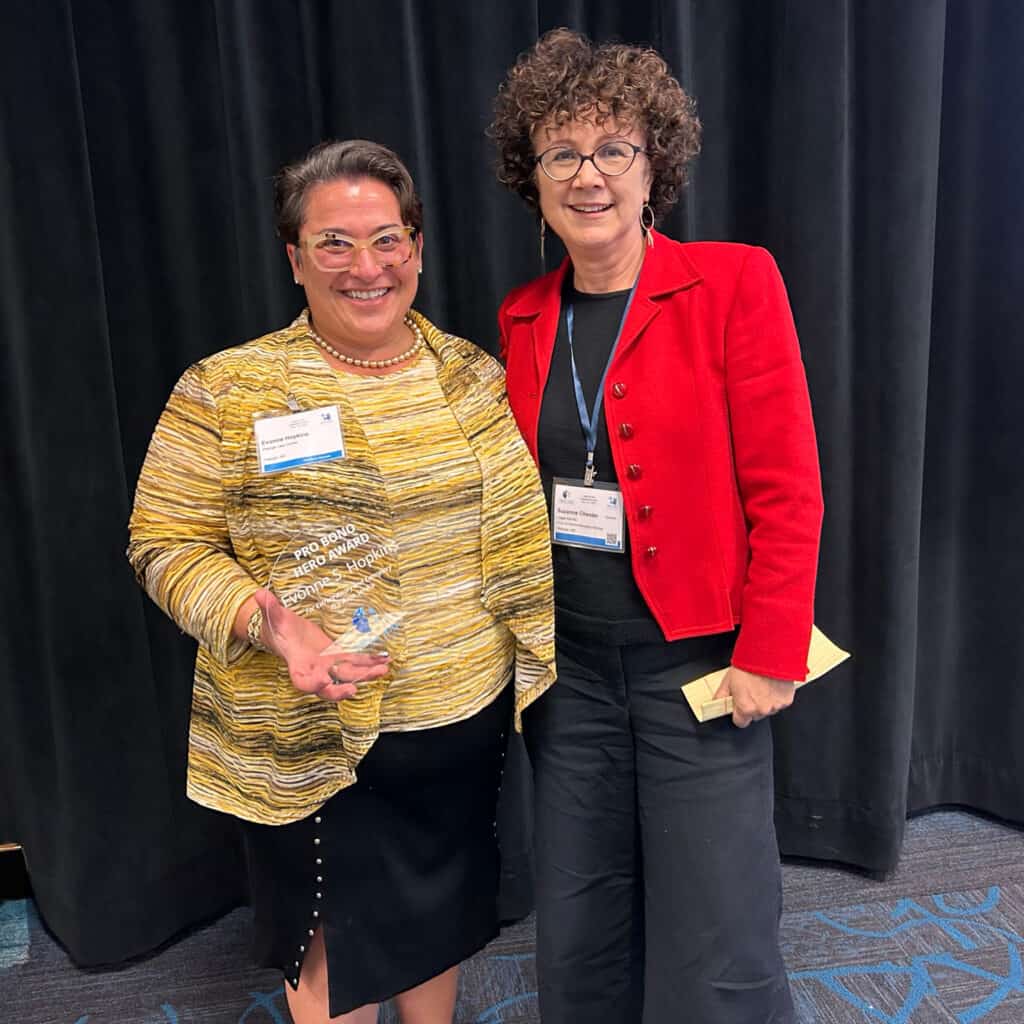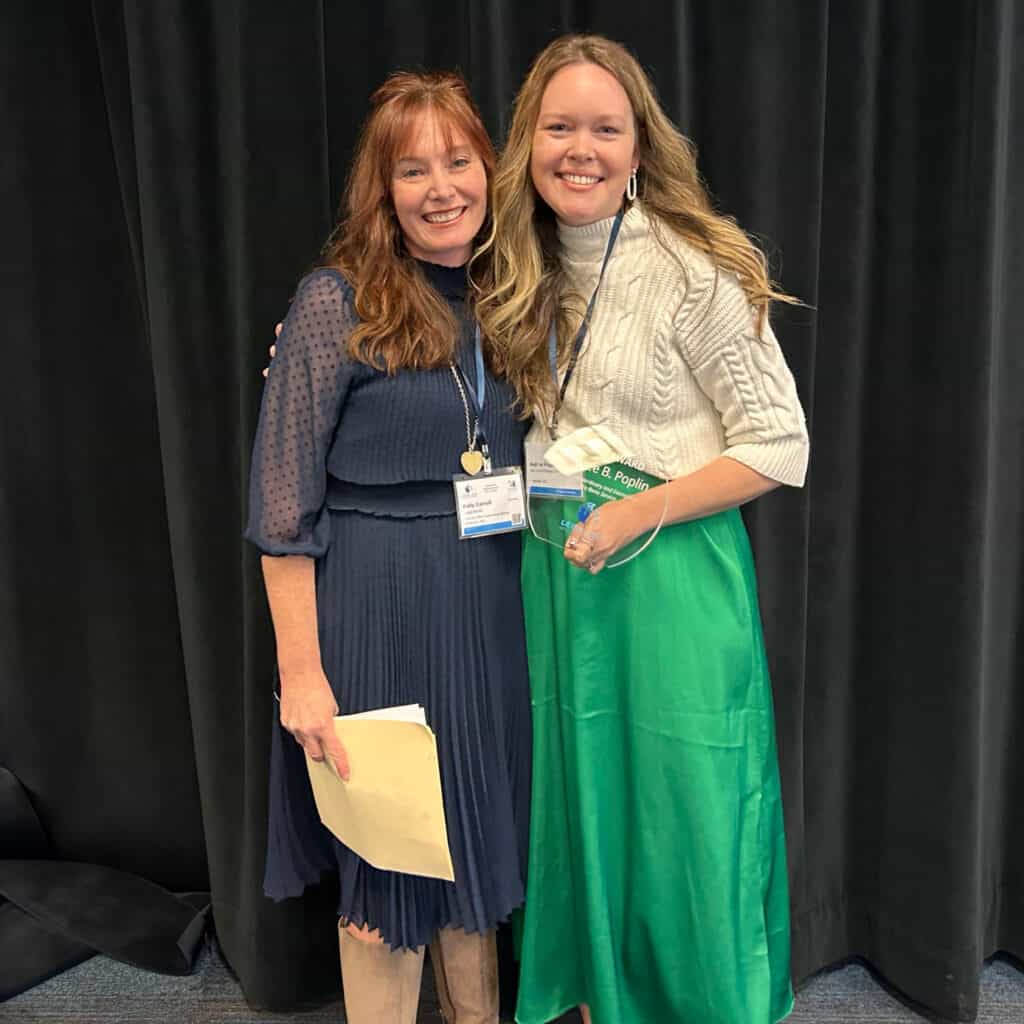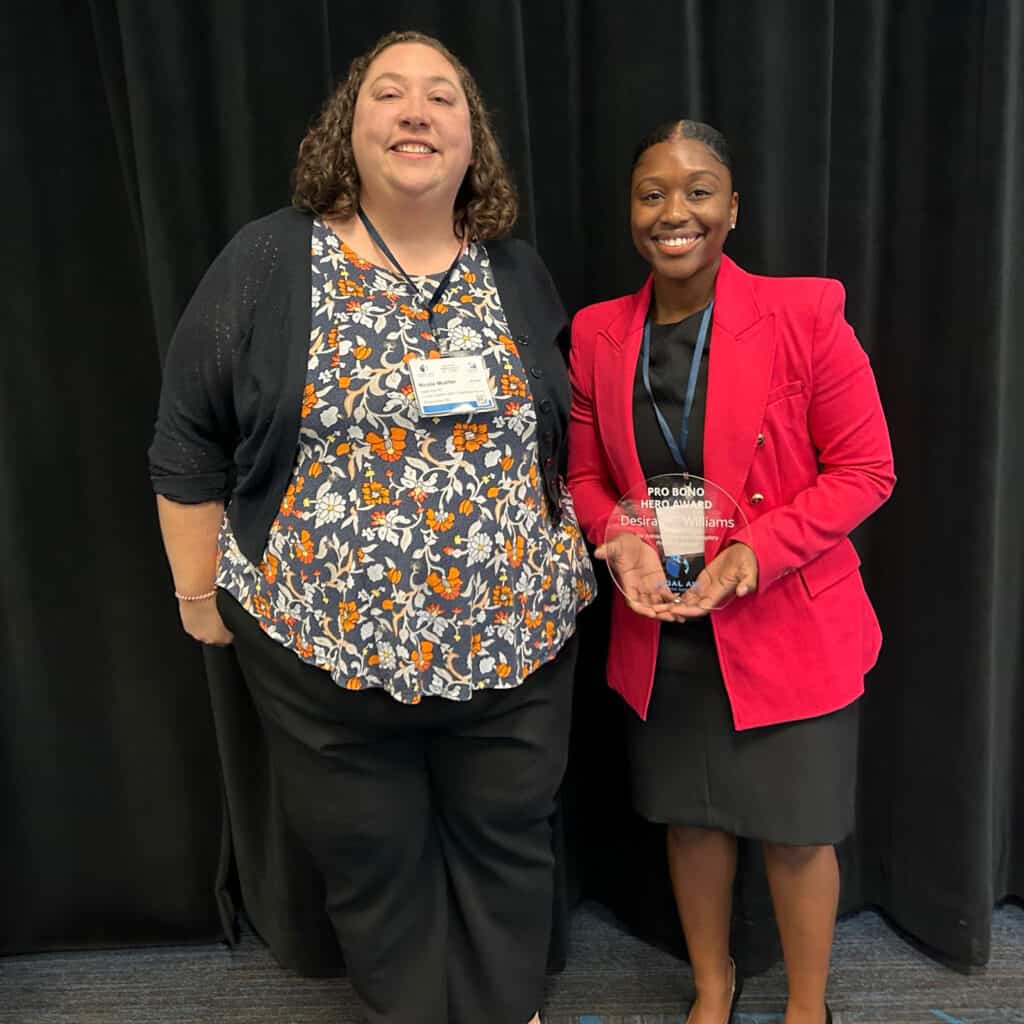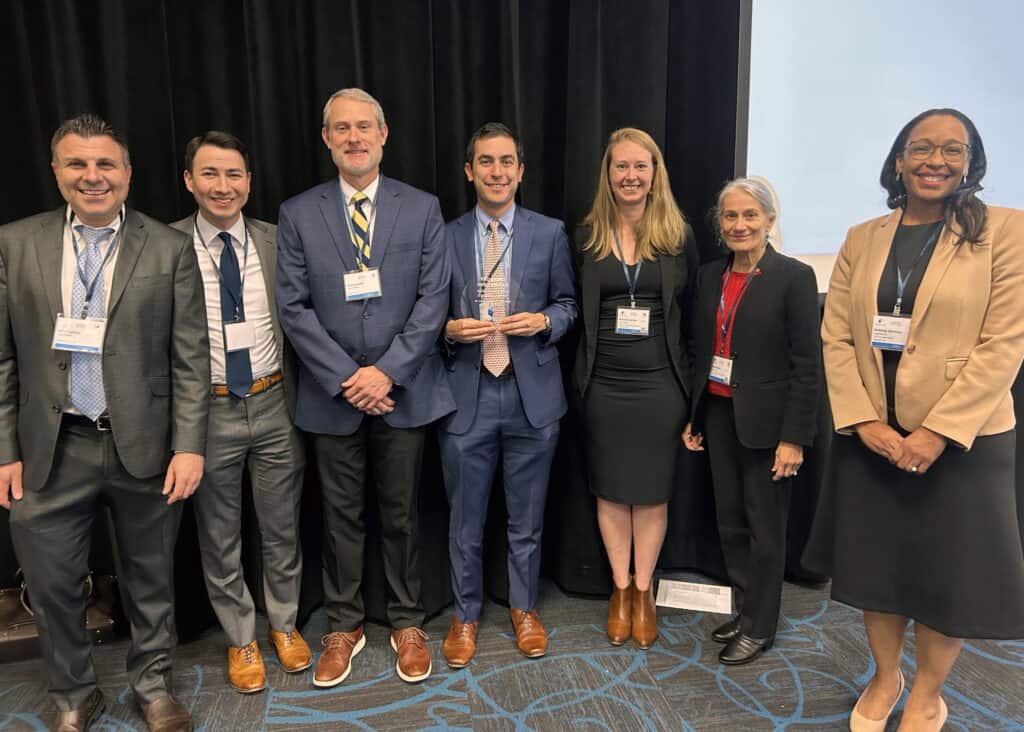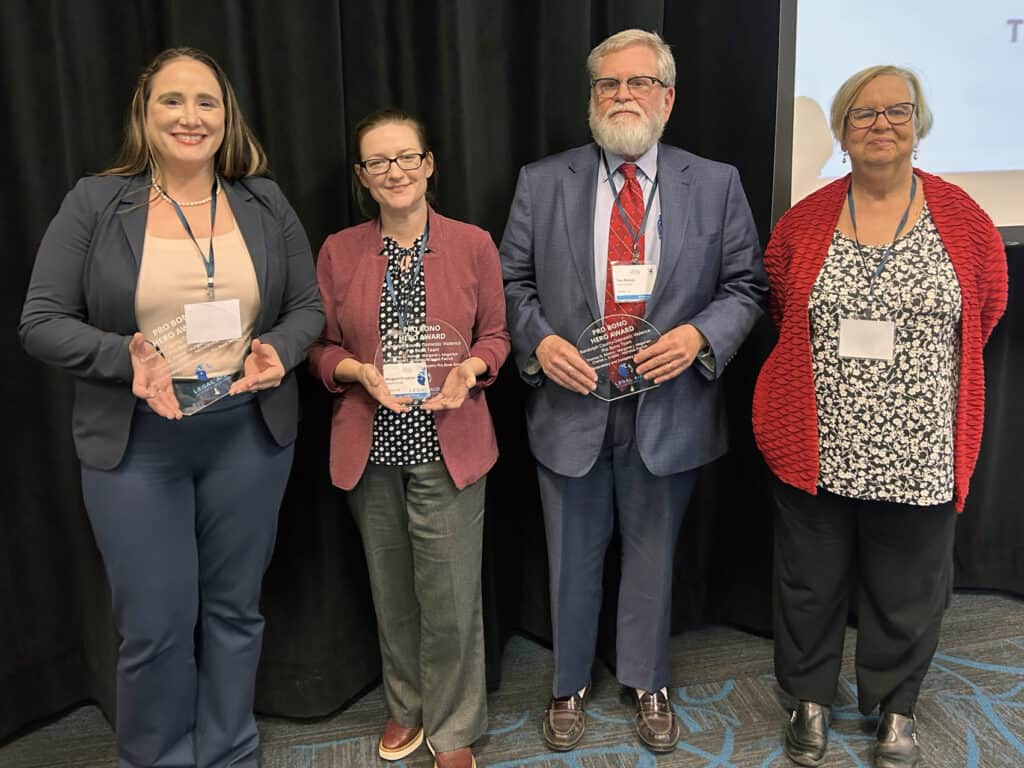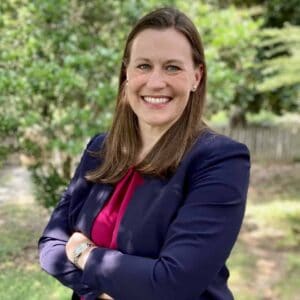Lamm Farms, others violated rights of H-2A farmworker
en español abajo
Raleigh, N.C. – On July 28, 2023, a North Carolina farmworker, represented by the Legal Aid of North Carolina’s Farmworker Unit (“FWU”) and Farmworker Justice (“FJ”) filed a lawsuit in the Eastern District of North Carolina [https://www.farmworkerjustice.org/advocacy_program/litigation/] against Lamm Farms, LLC, Alvarado’s Harvesting, LLC, and other defendants for human trafficking and state and federal minimum and overtime wage violations. The complaint also states causes of action for Defendants’ fraudulent inducement of employment, breach of contract, and unlawful retaliation. Plaintiff seeks actual and punitive damages for Defendants’ violations of law.
In 2022, Plaintiff Axel Campos Arroyo was recruited by Lamm Farms and their farm labor contractor, Alvarado’s Harvesting, LLC, to perform agricultural work in Bailey, NC on an H-2A temporary work visa. However, according to Mr. Campos Arroyo, when he arrived to North Carolina, he and his co-workers were subjected to horrific working conditions, where they worked upwards of 60 hours a week under constant threat of deportation and harm to their family members. Plaintiff alleges that he and his coworkers never received the wages Defendants promised to them and were required to be paid subject to the United States Department of Labor’s H-2A visa regulations. In addition, Plaintiff was forced to pay off to the recruiter and supervisor hired by Lamm Farms debts imposed upon him for his travel to North Carolina as part of the trafficking scheme. Despite the fact that Defendants were limited under the H-2A program to employing Plaintiff and his coworkers to perform only agricultural work, Defendants conspired with other employers to employ Plaintiff and his coworkers in construction work, where Plaintiff again worked more than 60 hours a week without overtime pay.
The complaint states that Lamm Farms and other Defendants confiscated Plaintiff’s and the other workers’ passports upon their arrival to North Carolina and did not provide them with details on the locations or farms where they would be working.
After Plaintiff escaped his employer-controlled housing in the middle of the night, Defendants repeatedly called and texted Plaintiff, threatening to have him arrested and deported to Mexico.
Labor traffickers frequently utilize recruitment practices that involve deception and illegal fees, trapping workers into debt, and threats related to immigration status to coerce workers to endure intolerable conditions. Both Farmworker Justice and FWU have seen a rise in the trafficking of agricultural workers in the past decade. In this case, Plaintiff alleges that Lamm Farms and the other defendants utilized similar methods to obtain workers to pick and harvest their crops and to maintain control over them and exploit their labor by forcing them to work long hours at poverty wages.
“Quite often farm owners delegate the role of worker recruitment to farm labor contractors, but this should not shield them from liability when these contractors violate the law by trafficking workers,” stated Trent Taylor, Staff Attorney for Farmworker Justice. “No one, regardless of where they’re from or the work they perform, should be forced to work under threat from their employer.”
“When the plaintiff lawfully arrived to the United States to perform work for Lamm Farms, he expected to be treated humanely and to be fairly compensated for his work. The defendants failed to pay him his promised and legally required wages, subjected him to the threats of retaliation if he complained or spoke up about their violations of law, and deprived him of the reimbursement of travel expenses they certified to the United States government that they would pay,” added Taylor.
###
Legal Aid of North Carolina’s FWU focuses on representing H-2A and other farmworkers with employment and civil rights matters. Legal Aid of North Carolina is a statewide, nonprofit law firm that provides free legal services in civil matters to low-income people in order to ensure equal access to justice and to remove legal barriers to economic opportunity. Learn more at legalaidnc.org. Farmworkers that have experienced issues in North Carolina and who have questions about their rights can call FWU’s confidential hotline at (919) 856-2180.
Farmworker Justice is a national non-profit organization based in Washington, D.C. that aims to empower farmworkers and their families to improve their living and working conditions, immigration status, health, occupational safety, and access to justice. FJ engages in policy advocacy, litigation, and capacity-building. Learn more at www.farmworkerjustice.org.
___________
Trabajador agrícola, representado por Ayuda Legal de Carolina del Norte y Justicia Campesina, presentan una demanda por salarios no pagados y trata de personas contra empleadores del este de Carolina del Norte
Lamm Farms, y otros violaron los derechos de un trabajador agrícola H-2A
RALEIGH, NC – El 28 de julio de 2023, un trabajador agrícola de Carolina del Norte, representado por la División de los Trabajadores Agrícolas de Ayuda Legal de Carolina (“FWU” por sus siglas en inglés) y Justicia Campesina (“FJ” por sus siglas en inglés) presentó una demanda en el Distrito Este de Carolina del Norte [https://www.farmworkerjustice.org/advocacy_program/litigation/] contra Lamm Farms, LLC, Alvarado’s Harvesting, LLC y otros acusados por trata de personas y violaciones del salario mínimo estatal y federal y horas extras. La demanda también establece las causas de acción por: incentivo fraudulento de empleo, el incumplimiento del contrato, y por represalias ilegales de los Demandados. El Demandante busca daños reales y punitivos por las violaciones de la ley de los Demandados.
En el 2022, el Demandante Axel Campos Arroyo fue reclutado por Lamm Farms y su contratista de mano de obra agrícola, Alvarado’s Harvesting, LLC, para realizar trabajos agrícolas en Bailey, Carolina del Norte con una visa de trabajo temporal H-2A. Sin embargo, según el Sr. Campos Arroyo, cuando llegó a Carolina del Norte, él y sus compañeros de trabajo fueron sometidos a condiciones de trabajo horribles, donde trabajaban más de 60 horas a la semana bajo amenazas constantes de deportación y de daños a familiares. El Demandante alega que él y sus compañeros de trabajo nunca recibieron los salarios que los Demandados les prometieron y que son requeridos bajo las regulaciones de la visa H-2A del Departamento del Trabajo de los Estados Unidos. Además, el Demandante se vio obligado a pagar al reclutador, y a un supervisor contratado por Lamm Farms, las deudas que se le impusieron por su viaje a Carolina del Norte, como parte de un esquema de trata de personas. A pesar de que los Demandados estaban limitados bajo el programa H-2A, a emplear al Demandante y a sus compañeros de trabajo para realizar únicamente trabajos agrícolas, los Demandados conspiraron con otros empleadores para emplear al Demandante y sus compañeros de trabajo en trabajos de construcción, donde el Demandante de nuevo trabajó más de 60 horas a la semana sin recibir pago por horas extras.
La demanda establece que Lamm Farms y otros Demandados confiscaron los pasaportes del Demandado y de los demás trabajadores a su llegada a Carolina del Norte, y no les proporcionaron detalles sobre las ubicaciones o las granjas en donde trabajarían.
Después de que el Demandante escapó de la vivienda controlada por su empleador en medio de la noche, los Demandados llamaron y enviaron mensajes de texto repetidamente al Demandante, y amenazándole con hacer que lo arrestaran y deportaran a México.
Los traficantes de mano de obra frecuentemente utilizan prácticas de contratación que incluyen engaño y tarifas ilegales, atrapando a los trabajadores en deudas, y también amenazas relacionadas a su estado migratorio, para obligar a los trabajadores a permanecer bajo condiciones intolerables. Tanto Justicia Campesina como FWU han visto un aumento en la trata de personas de trabajadores agrícolas en la última década. En este caso, el Demandante alega que Lamm Farms y los otros Demandados utilizaron métodos similares para obtener trabajadores para recoger y cosechar sus cultivos y para mantener control sobre ellos y explotar su mano de obra obligándoles a trabajar muchas horas con salarios de pobreza.
“Muy a menudo, los propietarios de granjas delegan la función de reclutamiento de trabajadores a contratistas de mano de obra agrícola, pero esto no debería protegerlos de la responsabilidad cuando estos contratistas violan la ley al traficar con trabajadores,” declaró Trent Taylor, Abogado de plantilla de Justicia Campesina. “Nadie, sin importar de donde vengan, o del trabajo que realicen, debería ser obligado a trabajar bajo amenaza por parte de su empleador.”
“Cuando el Demandante llegó legalmente a los Estados Unidos para realizar un trabajo para Lamm Farms, esperaba recibir un trato humano y una compensación justa por su trabajo. Los Demandados dejaron de pagarle el salario prometido, y exigido legalmente, lo sometieron a amenazas de represalias si se quejaba o hablaba sobre sus violaciones de la ley, y le privaron del reembolso de sus gastos de viaje que ellos aseguraron que pagarían al gobierno de los Estados Unidos,” añadió Taylor.
####
La División para los Trabajadores Agrícolas de Ayuda Legal de Carolina del Norte se enfoca en representar a H-2A y otros trabajadores agrícolas en asuntos laborales y de derechos civiles. Ayuda Legal de Carolina del Norte es una firma de abogados sin fines de lucro en todo el estado que brinda servicios legales gratuitos en asuntos civiles a personas de bajos ingresos para garantizar la igualdad de acceso a la justicia y eliminar las barreras legales a las oportunidades económicas. Obtenga más información en legalaidnc.org. Los trabajadores agrícolas que han experimentado problemas en Carolina del Norte y que tienen preguntas sobre sus derechos pueden llamar a la línea directa confidencial de FWU al (919) 856-2180.
Justicia Campesina es una organización nacional sin fines de lucro con sede en Washington, D.C. que tiene como objetivo empoderar a los trabajadores agrícolas y sus familias para mejorar sus condiciones de vida y de trabajo, estado migratorio, salud, seguridad ocupacional y acceso a la justicia. FJ se dedica a la promoción de políticas, litigios y desarrollo de capacidades. Obtenga más información en www.farmworkerjustice.org.
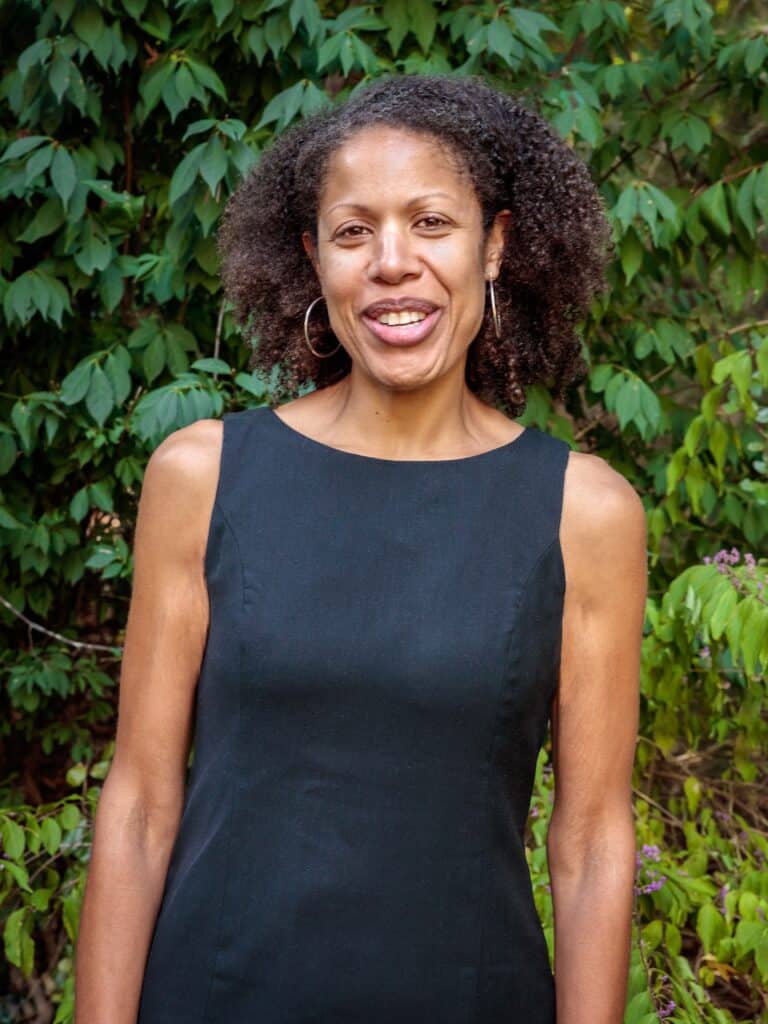

 Wells Fargo
Wells Fargo We honor Nelson Mullins for:
We honor Nelson Mullins for: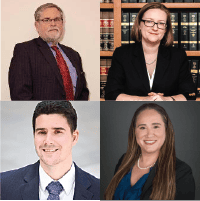 We honor
We honor 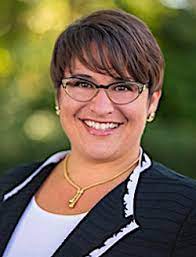 We honor
We honor  We honor
We honor  We honor
We honor  We honor Paul Kinny for his years of extraordinary and dedicated service to our housing clients in Charlotte. For the past few years, Paul, a retired Duke Energy lawyer, has taken on a full housing caseload from May to August, providing hundreds of hours of pro bono service to Charlotte residents. Paul also serves on our Charlotte office’s Local Advisory Council, a group of supporters that informs the office’s advocacy and raises awareness of its services among the client and legal communities.
We honor Paul Kinny for his years of extraordinary and dedicated service to our housing clients in Charlotte. For the past few years, Paul, a retired Duke Energy lawyer, has taken on a full housing caseload from May to August, providing hundreds of hours of pro bono service to Charlotte residents. Paul also serves on our Charlotte office’s Local Advisory Council, a group of supporters that informs the office’s advocacy and raises awareness of its services among the client and legal communities. We honor
We honor 